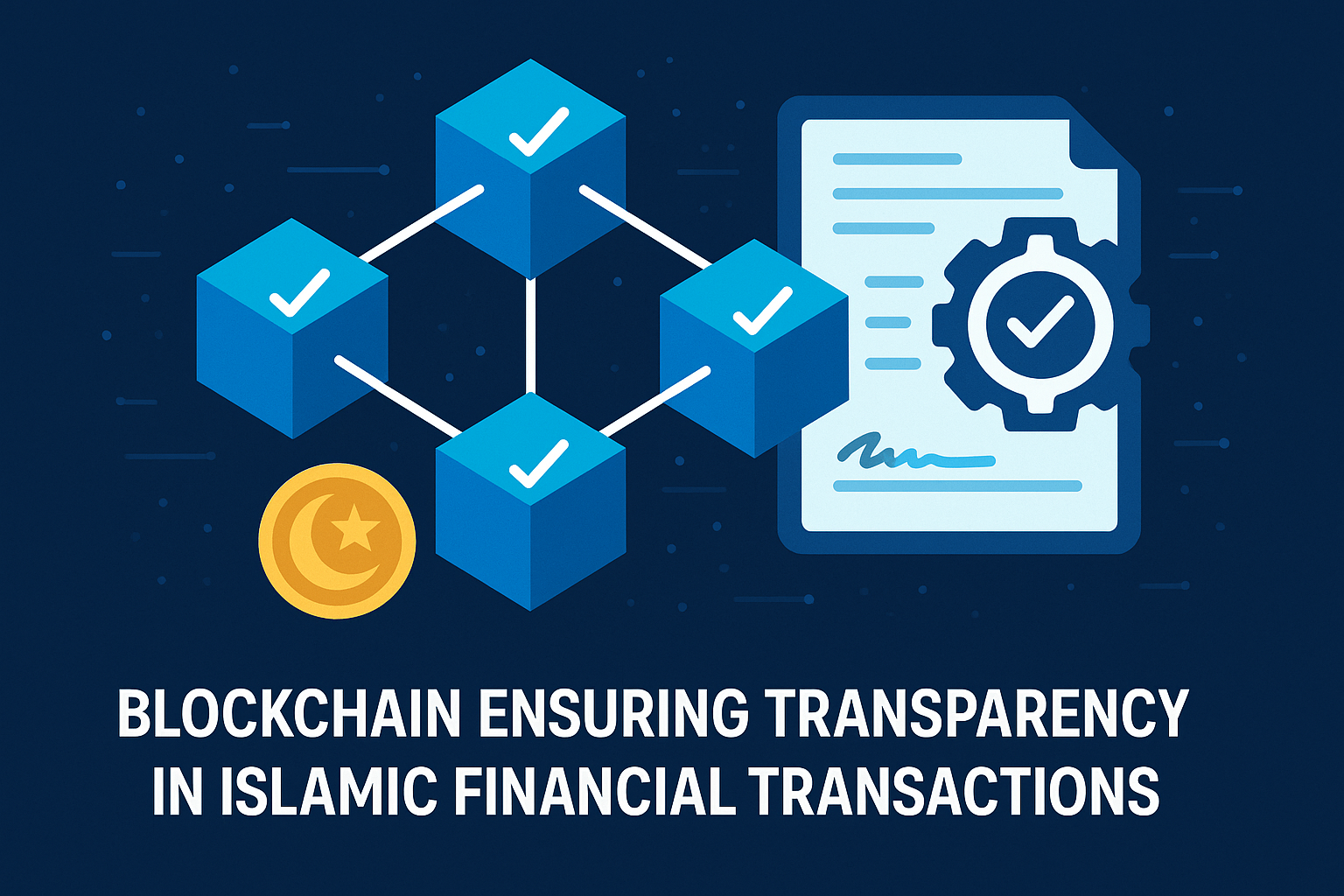Blockchain technology ensures transparency in Islamic financial transactions through several key features that align with the principles of Shariah. Here’s how it achieves this:
1. Tamper-Proof Ledger
Blockchain operates as a decentralized and immutable ledger, meaning that once a transaction is recorded, it cannot be altered or deleted. This tamper-proof nature provides a clear and verifiable record of all financial activities, which is essential for maintaining accountability and trust among stakeholders in Islamic finance. The transparency offered by blockchain aligns with Islamic finance’s requirement for clarity in transactions, helping to prevent fraud and manipulation.
2. Real-Time Visibility
All participants in a blockchain network have access to the same information regarding transactions, which enhances visibility across the entire process. This feature allows stakeholders to track the flow of funds and verify the authenticity of transactions in real time. Such transparency is critical in Islamic finance, where trust and integrity are paramount.
3. Smart Contracts for Automated Compliance
Blockchain technology facilitates the use of smart contracts—self-executing contracts with the terms directly written into code. These contracts can automate the execution of Shariah-compliant financial agreements, ensuring adherence to Islamic principles such as profit-sharing (Mudarabah) and cost-plus financing (Murabahah). By embedding Shariah-compliant rules into smart contracts, blockchain reduces the risk of human error and enhances compliance with Islamic law.
4. Efficient Zakat Management
Blockchain can streamline the collection and distribution of Zakat (charitable giving), ensuring that funds are tracked transparently. By recording Zakat transactions on an immutable ledger, donors can trace their contributions and verify that they are being used effectively for charitable purposes. This capability enhances accountability and aligns with Islamic principles of social responsibility.
5. Improved Auditability
The transparent nature of blockchain simplifies the auditing process for Islamic financial institutions. Auditors can easily access transaction histories to ensure compliance with both Shariah principles and regulatory requirements. This ease of auditing fosters greater accountability within Islamic finance operations.
6. Reduction of Gharar (Uncertainty)
Islamic finance prohibits excessive uncertainty (gharar) in transactions. Blockchain’s clear documentation of terms and conditions minimizes ambiguity, ensuring that all parties understand their rights and obligations clearly. This clarity helps to mitigate risks associated with uncertainty in financial dealings.
Conclusion
In summary, blockchain technology enhances transparency in Islamic financial transactions through its tamper-proof ledger, real-time visibility, smart contract automation, efficient Zakat management, improved auditability, and reduction of uncertainty. These features not only align with Shariah principles but also contribute to building trust and integrity within the Islamic finance sector, making it a promising tool for modernizing financial practices while adhering to ethical standards.


